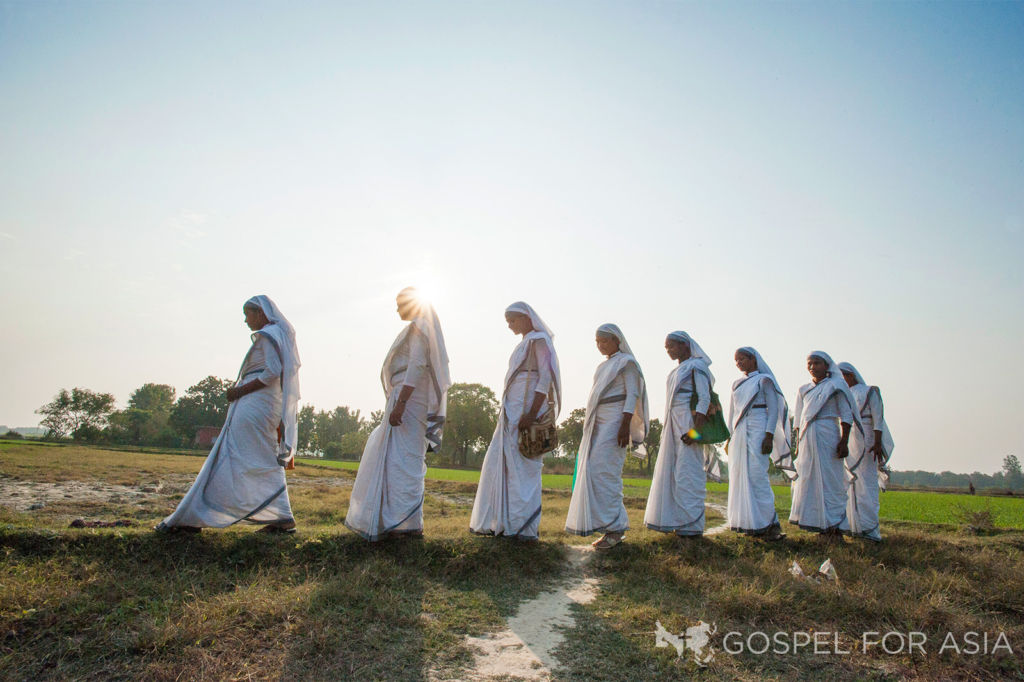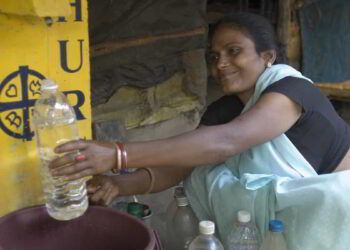Prisha stepped out of the rickshaw only to be greeted by a crowd of dirty, half-naked children running around. One woman stood nearby barely clothed—much to Prisha’s embarrassment. Animal carcasses and burning waste littered the village, creating a stench so bad passersby would speed recklessly through the village to escape it. Prisha had heard about this village before. Punya Basti’s residents lived in squalor with no electricity, running water or toilets. Most of the villagers left for months at a time to find low-paying work and beg in other areas, but they still couldn’t afford to feed their children three meals a day—much less provide for them to go to school. Alcohol and drug abuse ran rampant, even among children, and fights commonly broke out. On top of all this, outsiders despised the villagers for their low caste and lack of hygiene and education. Going Where Others Wouldn’t Prisha had come to Punya Basti to serve as a Sister of Compassion, a woman missionary committed to sharing Christ’s love in practical ways, specifically among poor and marginalized people groups.
GFA pastor Hoob Kumar, who served in the village, was having difficulty ministering to the women.
“The ladies didn’t know how to wear clothes properly,” Pastor Hoob recalls, “and the mothers weren’t bothered that the vessels they cooked with and ate food from were not clean.”
READ THE REST OF THE STORY ON GFA.ORG
Learn more about theSisters of Compassion – those who are specially trained woman missionary with a deep burden for showing Christ’s love by physically serving the needy, underprivileged and poor.
Learn more about Gospel for Asia: Facebook | YouTube | InstaGram |Sourcewatch | Integrity| Lawsuit Update |5 Distinctives | 6 Remarkable Facts | Media Room |Poverty Solutions | Endorsements |40th Anniversary | Lawsuit Response











